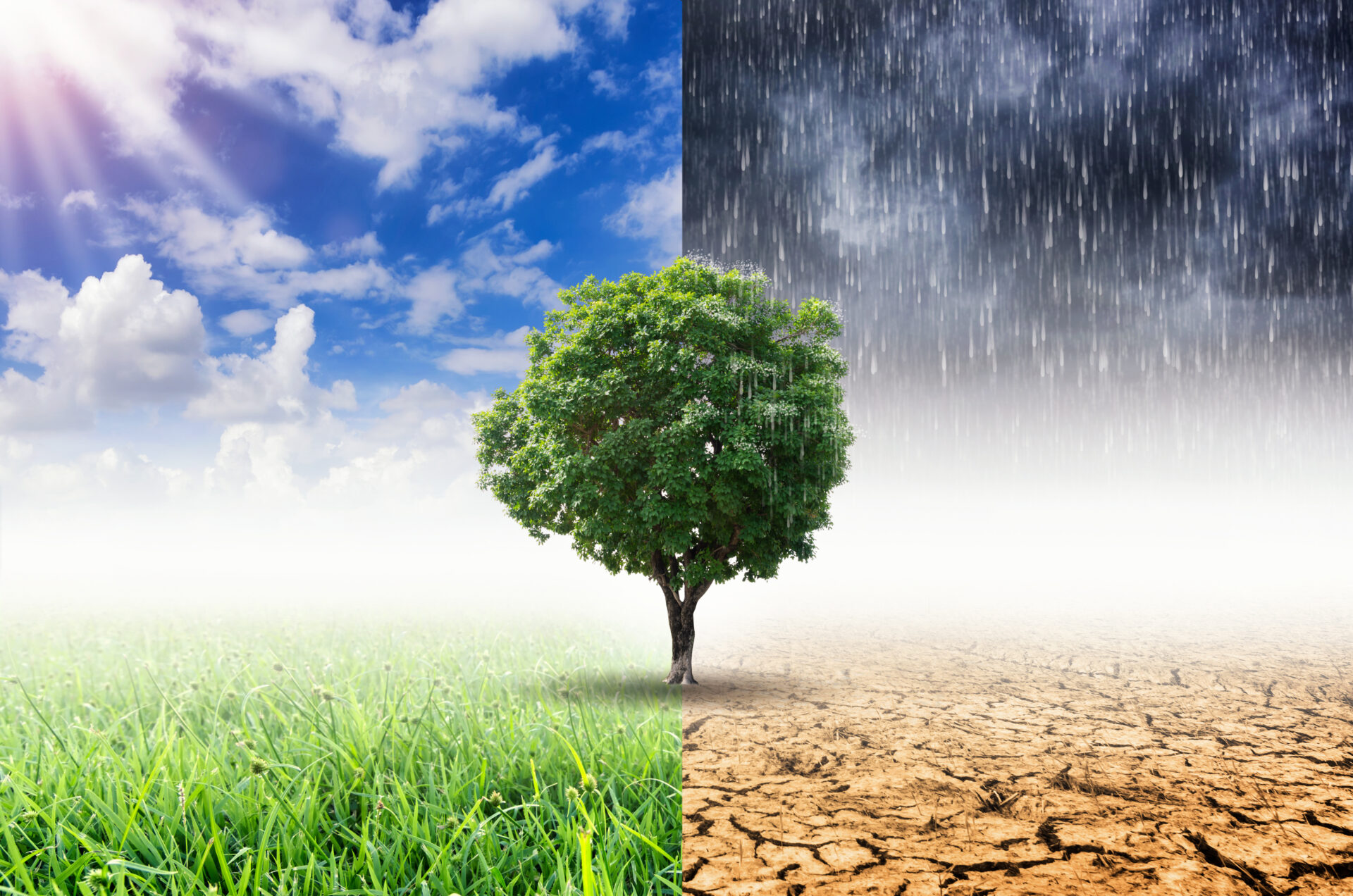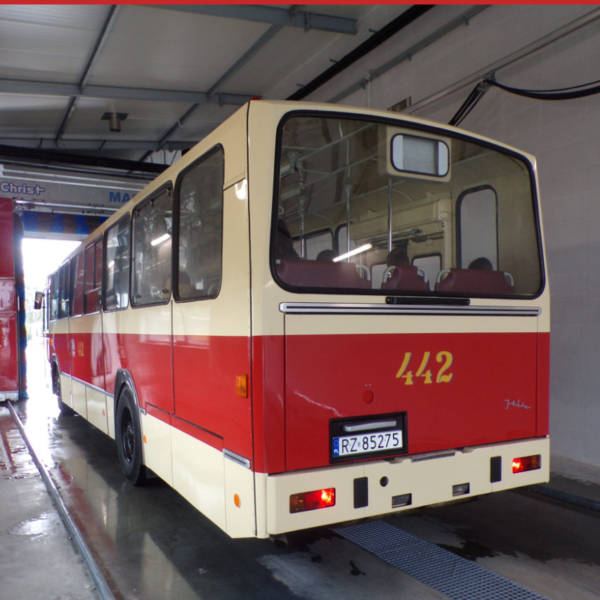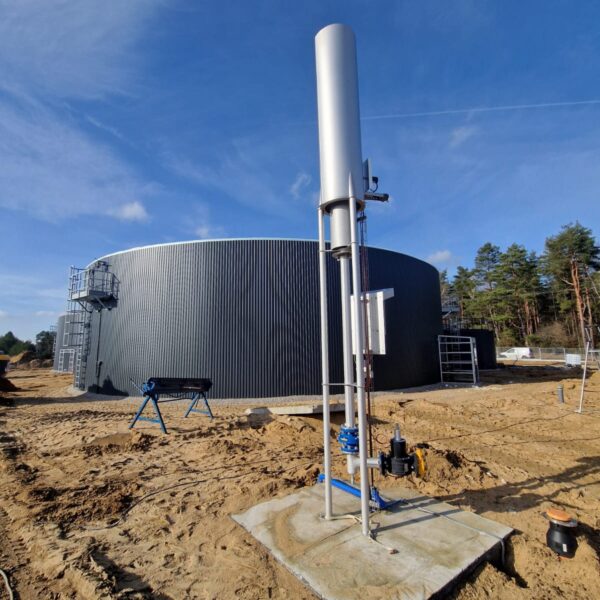
Guadiana Valley Natural Park – Desertification and Climate Change Adaption
The project aims to increase the resilience and adaptation of the Guadiana Valley Natural Park to climate change.
Environment, climate change and Low Carbon Economy
The Guadiana Valley Natural Park is an area greatly affected by soil degradation and desertification. This is why this project aims to hand, to maintain the characteristic biodiversity of this classified area, and to halt the land’s loss of productivity and the associated risk of abandonment and depopulation, which will in turn impact on the loss of biodiversity, but will also put at risk the landscapes’ scenic and historical-cultural value.
The control of land degradation and erosion requires an effective and short-term change in soil management practices, mainly those implemented by livestock producers in the PNVG’s agroforestry and extensive pasture areas. This challenge has been addressed at national level, through incentives linked to CAP subsidies, yet this has failed to translate into an increase of local entities’ or farmers’ capacity to adapt to climate change, in particular to drought phenomena, nor in their capacity to reduce its impact on soil degradation.It is therefore urgent to develop and implement mechanisms to promote the control of soil degradation processes developed in coordination and close cooperation with stakeholders and which adopt a local, science-based and measurable approach that also takes into account farmers’ needs and profiles.
Measures
- Restore degraded soils, focusing particularly on soil degradation caused by overexploitation of livestock, either through inappropriate or unregulated stocking.
- Development of new and sustainable practices of governance
- Apply good agricultural practices
IDN Involvement
International Development Norway will assist its partners in the research and development of a good governance model that is sustainable and that is going to improve the soil of Guadiana Valley Natural Park.





